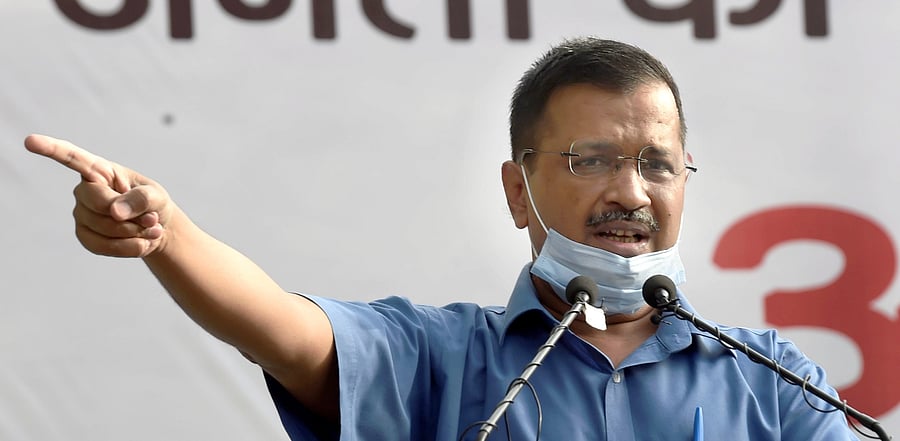
In what came as a disappointment and a shock to Delhi CM Arvind Kejriwal, the Lok Sabha passed the National Capital Territory of Delhi (Amendment) Bill, which seeks to empower the Lieutenant Governor in the union territory.
The passage of the Bill delivered a setback to Kejriwal, rendering the AAP government, which has 62 of the 70 seats in the Delhi Assembly, nearly powerless.
Kejriwal, who has staunchly opposed the Bill from the start, said it was an 'insult' to the people of Delhi.
The Bharatiya Janata Party has only eight seats in Delhi, and the Congress has none. Kejriwal and his government have on multiple occasions alleged that the BJP-led Union government rules Delhi by proxy through the Lieutenant Governor (L-G).
The new law requires the government to take the L-G's opinion before it takes any action. This is not in line with a decision of a five-judge bench of the Supreme Court in 2018 which had maintained that the L-G must be informed about Delhi Cabinet decisions but his concurrence was not needed except in the case of police, public order and land.
The bench had ruled that the L-G is 'bound by aid and advice of the council of ministers.'
This will affect Kejriwal who has been chief minister since 2015 and has constantly been at odds with both the L-Gs during its tenure, Najeeb Jung and Anil Baijal. Kejriwal had even protested outside Baijal's residence in 2018 when his decisions had been blocked.
